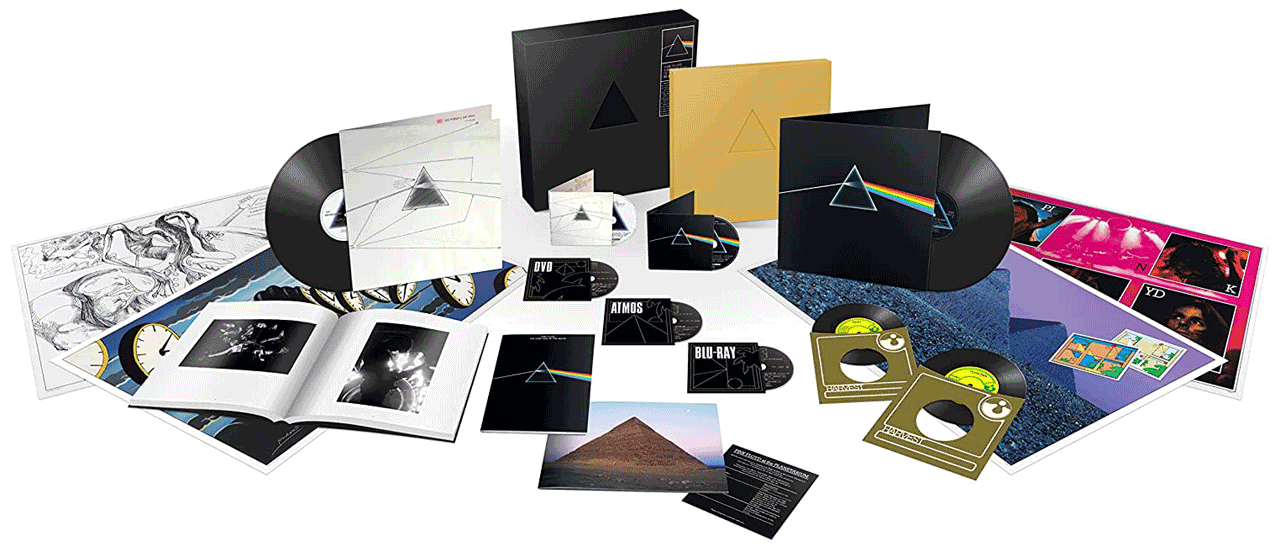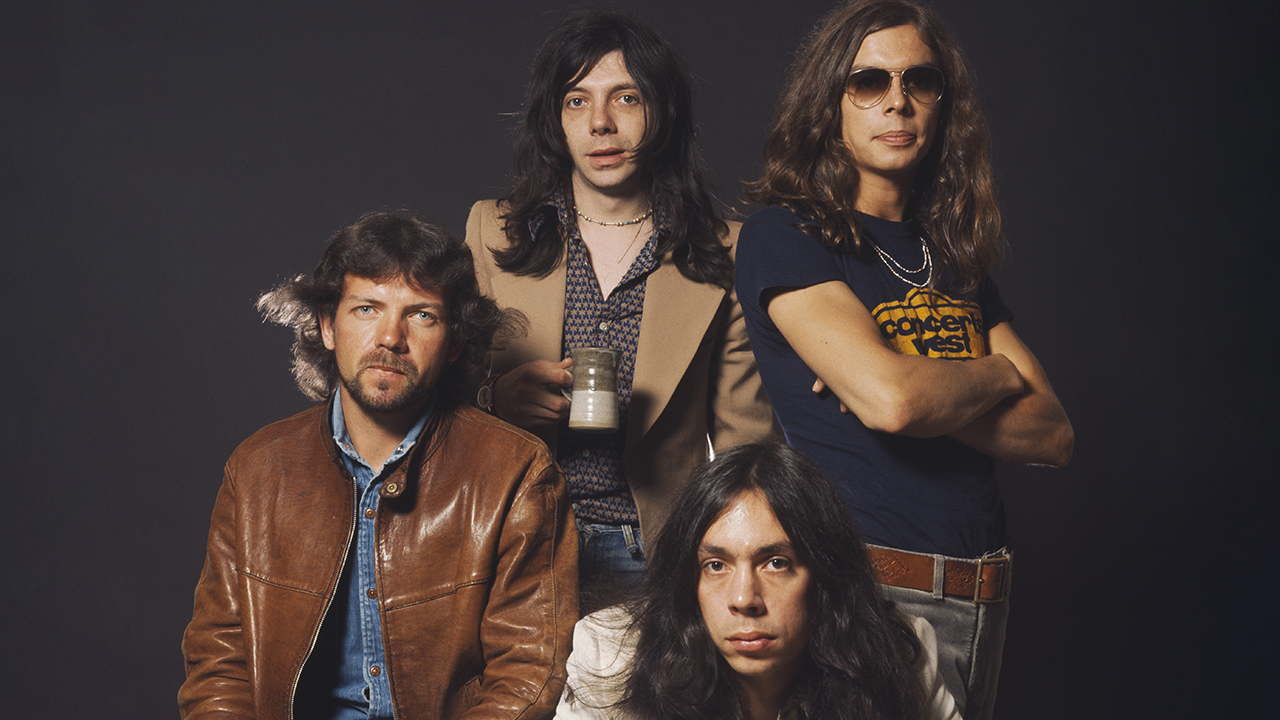You can trust Louder
With over 50 million copies sold worldwide, The Dark Side Of The Moon was one of the first albums to join the select club of Records More Famous That The People Who Made Them: and like The Who's Tommy and Fleetwood Mac's Rumours, it's a record that both crystallised the group's image for ever but was also not entirely representative of their past.
Before The Dark Side Of The Moon, Pink Floyd (who also once sported a now-forgotten "The") had been pop, psychedelic, and experimental: after it, they were a hugely popular yet strangely faceless stadium mega band and everything they did, from Wish You Were Here to The Wall, was measured against it.
Why was it so big? Perhaps because the lessons learned from previous experiments-tape loops, sound effects and spoken word-were combined with a new focus: Roger Waters (and Rick Wright's) downbeat, sceptical lyrics ('Quiet desperation is the English way'), set to concise, commercial melodies that suited David Gilmour's blue-eyed soul voice and direct guitar playing.
With its superb production and perfectly smooth segueways, The Dark Side Of The Moon was Abbey Road for the seventies rock generation: an album that could be used to test your stereo, soundtrack a dinner party, make you think and roll a spliff on. Its themes were vague enough to be universal – war is bad, wealth is bad, we're all going to die – but the vagueness was undercut by Roger Waters' sharpness and intelligence.
Add to that Clare Torry's astonishing vocals on The Great Gig In The Sky and a liberal use of smokey saxophone, and The Dark Side Of The Moon was transformed into something seemingly very far from Several Species Of Small Furry Animals Gathered Together In A Cave And Grooving With A Pict. Pink Floyd had created something new: very loud but also somehow very sensitive stadium rock. They would attempt the formula again with subsequent records but as Roger Waters began to both dominate the group and to write increasingly personal songs, they never could.
This new 50th Anniversary edition pulls out its big guns for the marketplace, comprising in its various forms (CD, gatefold vinyl, Blu-ray) new mixes, remastered stereo, vinyl singles, a photo book and additional material in the form of Live At Wembley Empire Pool, London, 1974, which is kind of self-describing. It's still an amazing, imposing album, and rightly remains a cornerstone of rock.
Sign up below to get the latest from Classic Rock, plus exclusive special offers, direct to your inbox!
David Quantick is an English novelist, comedy writer and critic, who has worked as a journalist and screenwriter. A former staff writer for the music magazine NME, his writing credits have included On the Hour, Blue Jam, TV Burp and Veep; for the latter of these he won an Emmy in 2015.


